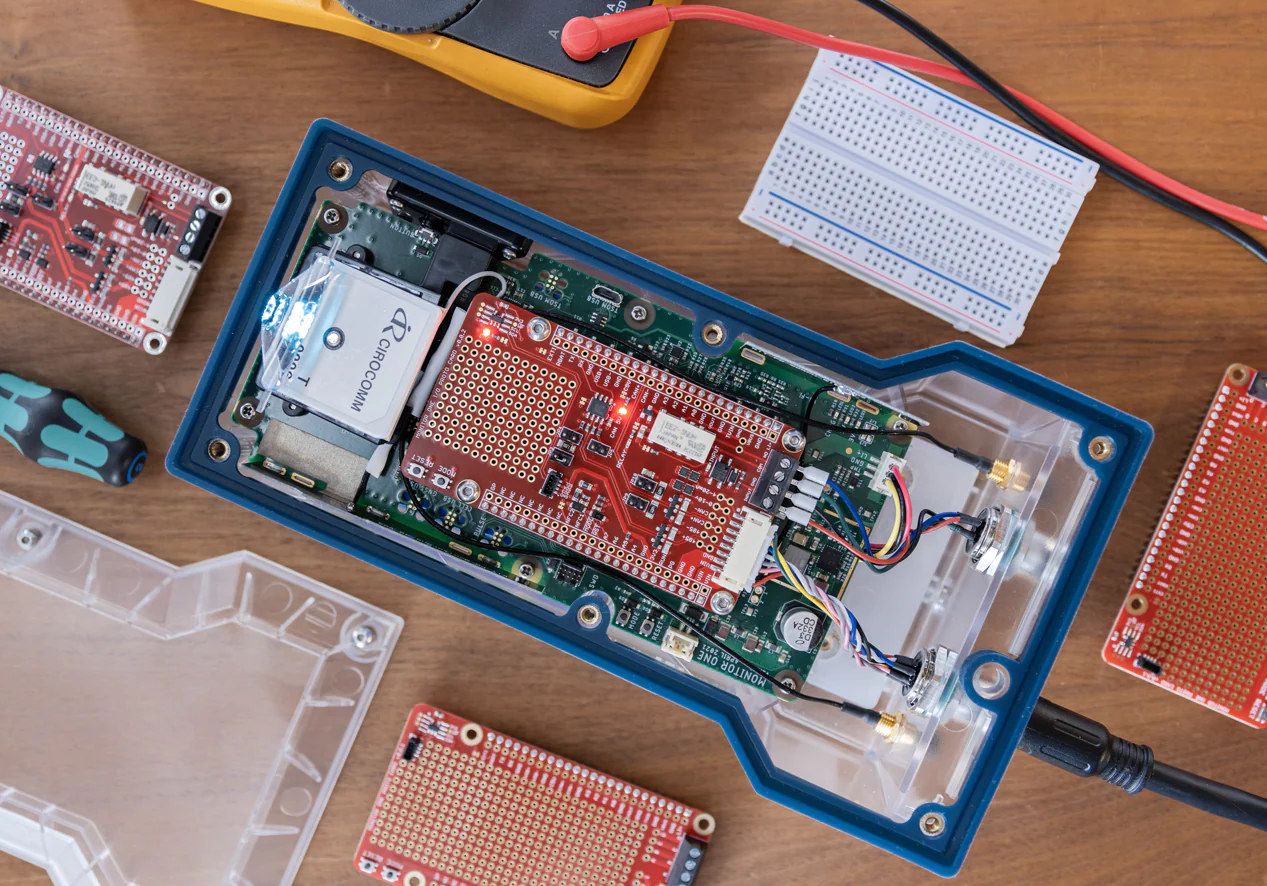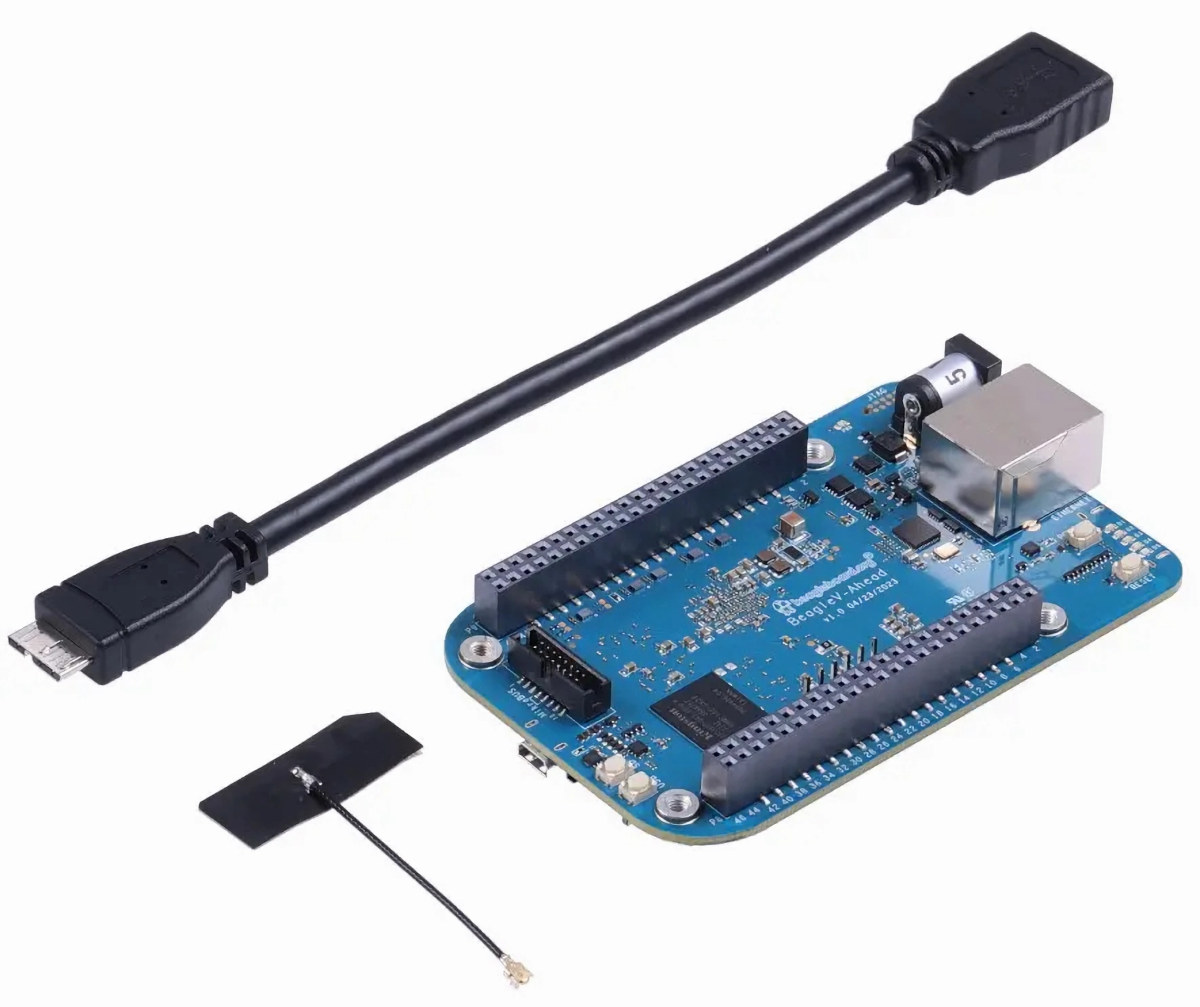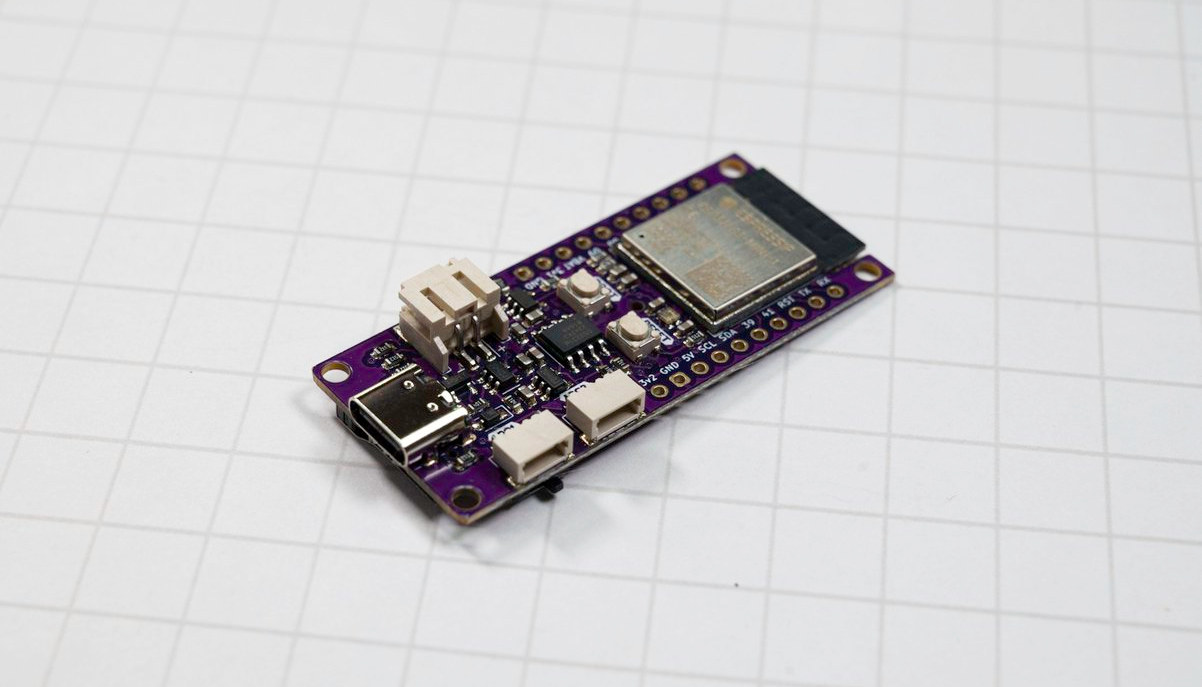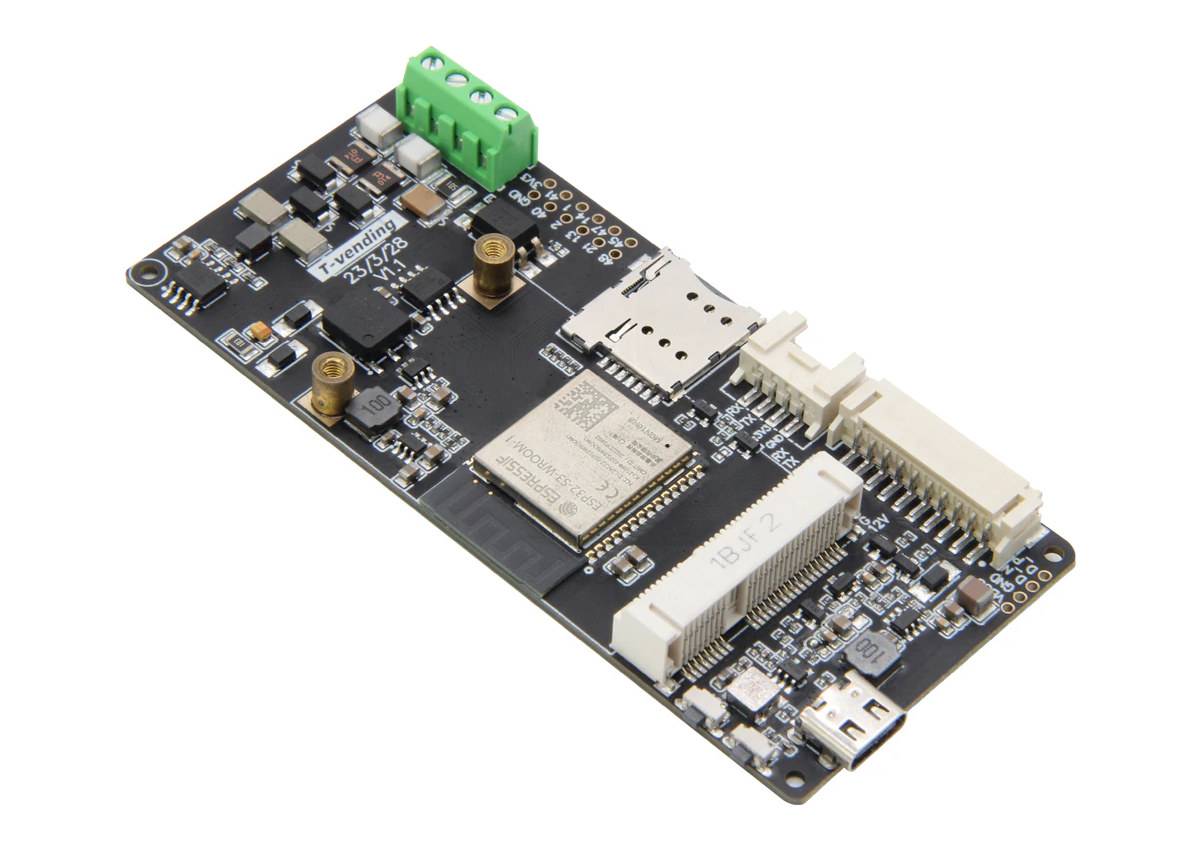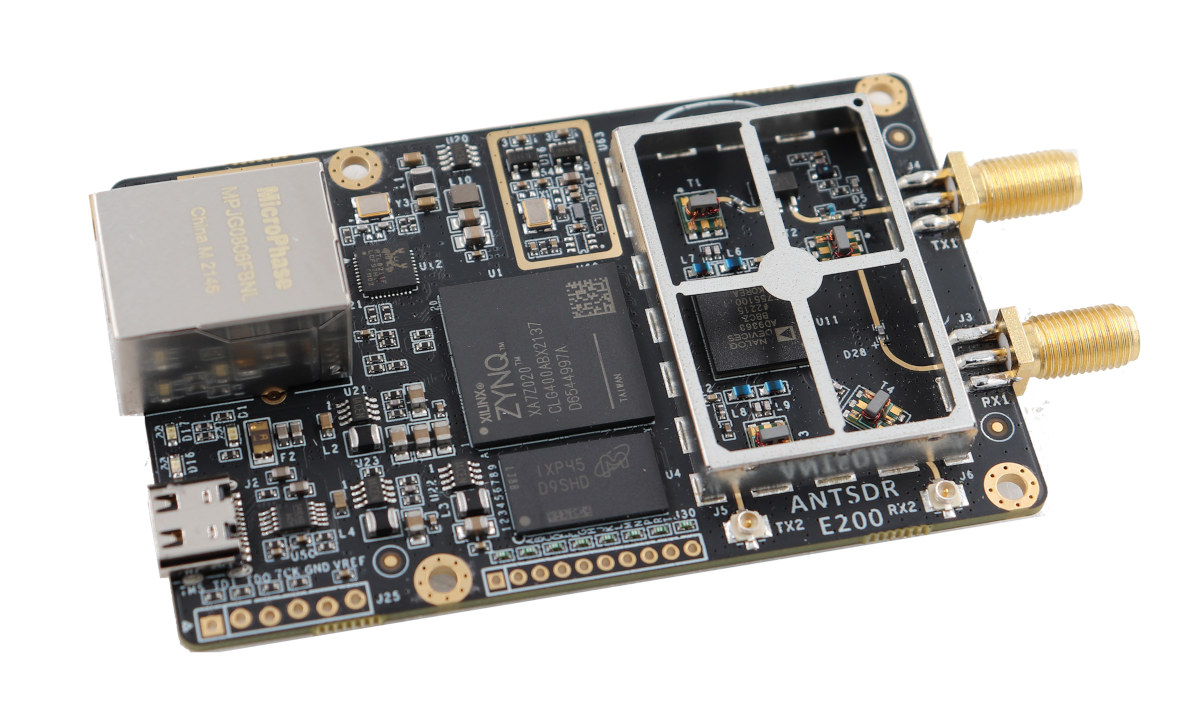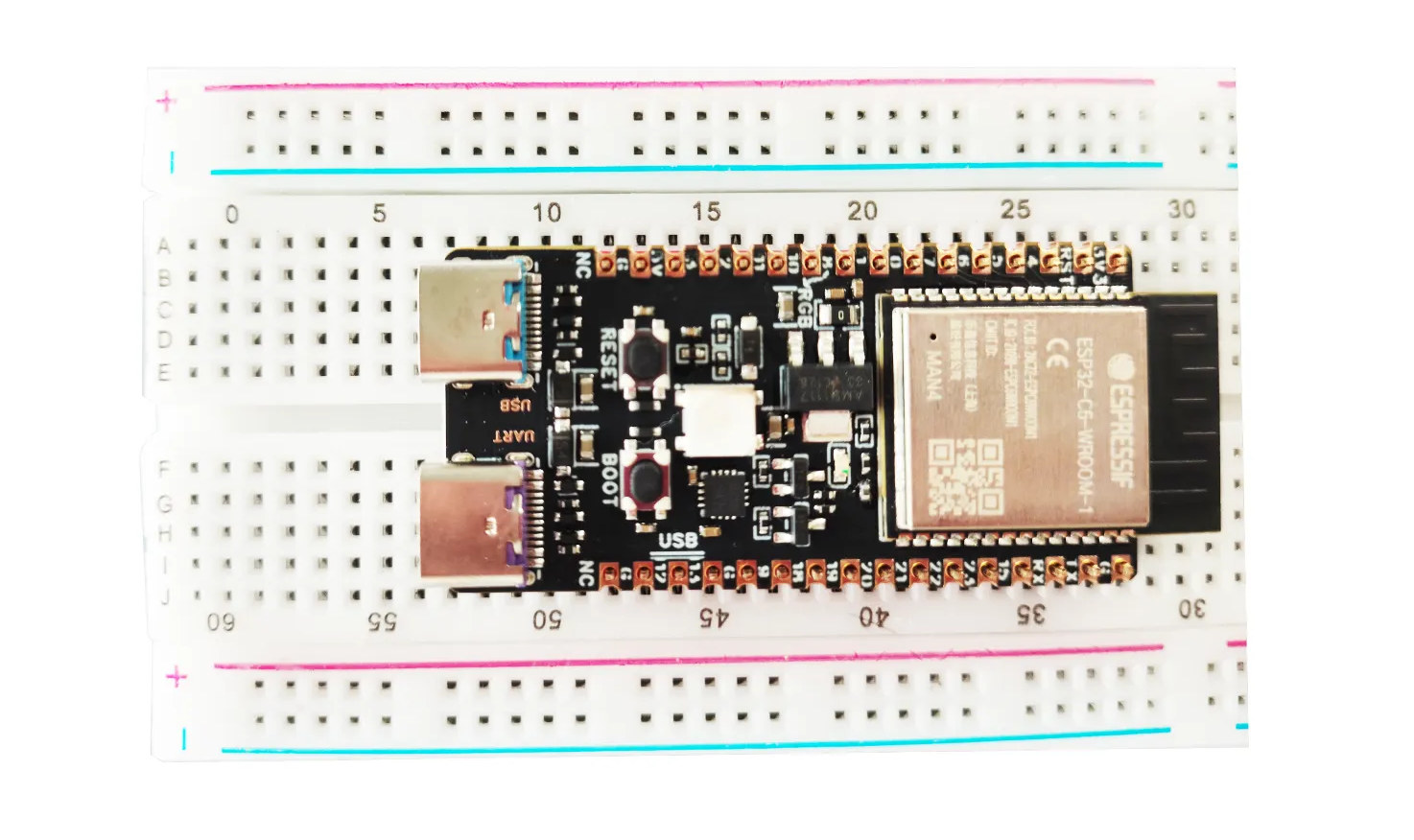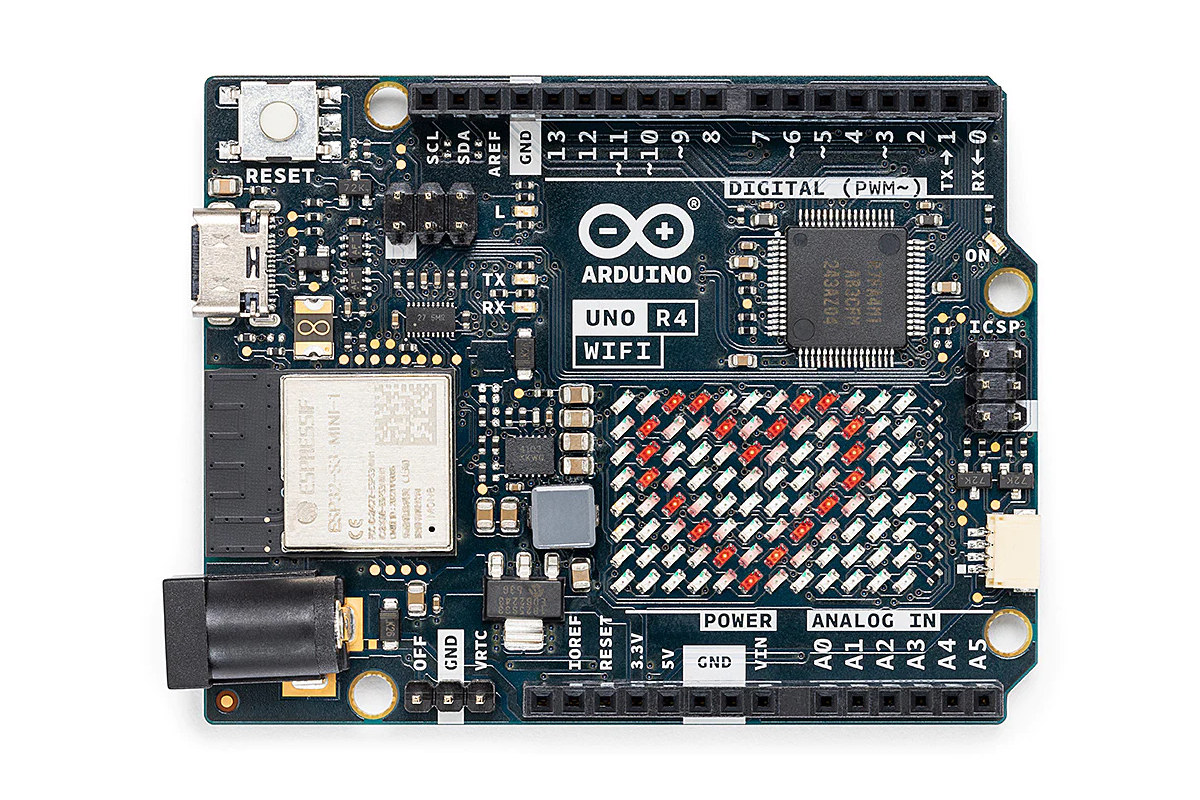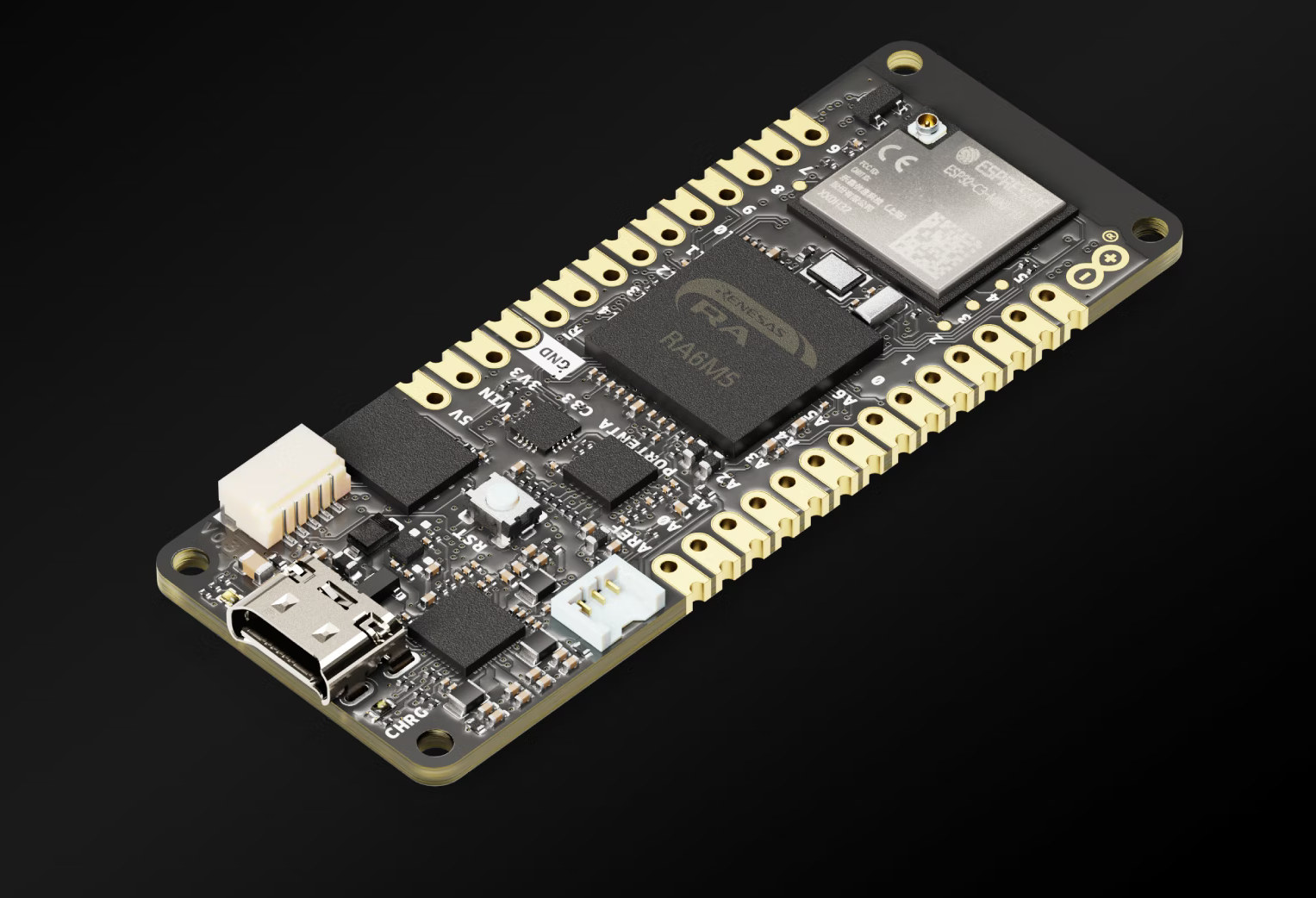Particle’s Monitor One Developer Edition is a customizable cellular IoT gateway for monitoring industrial equipment packaged in an IP67 rugged enclosure with reference firmware, and suitable for rapid prototyping with support for a range of I/Os and sensors, and even a prototyping area for to solder your own circuitry. Like the company’s earlier Tracker One asset tracker, the Monitor One is based on the Tracker SoM with a Nordic Semi nRF52840 Arm Cortex-M4 wireless SoC for Bluetooth connectivity, a Quectel LTE Cat M1 (North America) or Cat 1 with 3G and 2G fallback (EMEA), u-blox Neo-M8U GNSS module, and an ESP32 for WiFi location support. The new customizable cellular IoT gateway still integrates with the Particle IoT PaaS (Platform as a Service), and the company also provides developer tools. The Monitor One Developer Edition is comprised of the following items: Monitor One base model fitted with a Particle Tracker SoM […]
BeagleV-Ahead quad-core RISC-V SBC offers BeagleBone Capes compatibility
Beagleboard.org Foundation’s BeagleV-Ahead is a single board computer powered by the T-Head TH1520 quad-core RISC-V processor and following the form factor of the popular BeagleBone Black board based on a Texas Instruments Sitara AM3359 single-core Arm Cortex-A8 processor. The new board looks better in almost every way with a much faster processor, 4GB RAM, 16GB eMMC flash, Gigabit Ethernet, built-in WiFI and Bluetooth, a micro USB 3.0 port, micro HDMI video output up to 4Kp60, etc… and the same 80-pin headers as found on other BeagleBone boards. The main downside is that it comes at a significantly higher price as we’ll see further below. BeagleV-Ahead specifications: SoC – Alibaba T-Head TH1520 CPU – quad-core RISC-V Xuantie C910 (RV64GCV) processor @ up to 2.0 GHz, low power Xuantie E902 core GPU – Imagination BXM-4-64 GPU with OpenGL ES 3.2, OpenCL 2.0, Vulkan 1.2, 50.7GFLOPS DSP – Xuantie C906 audio DSP @ […]
The Bee Data Logger ESP32-S3 board comes with RTC, microSD slot, and two Qwiic connectors for sensors
A few months ago, SparkFun released the “Datalogger IoT – 9DoF” no-code platform based on ESP32 with some built-in sensors, a microSD card, and two Qwiic connectors to add sensors in order to perform data logging with minimal to no coding. Smart Bee Designs looks to have shrunk the design, removing the built-in sensors in the processor, with the Bee data logger ESP32-S3 board that offers most of the same features plus a built-in DS3231 RTC and back battery for timekeeping, and the ability to leverage the vector extension in the ESP32-S3 for machine learning applications. Bee data logger specifications: Wireless module – Espressif Systems ESP32-S3-MINI-1 module CPU – ESP32-S3 dual-core Xtensa LX7 microcontroller with vector extensions with 512KB SRAM, 384KB ROM, WiFi 4 and Bluetooth 5.0 connectivity Storage – 8MB of QSPI flash PCB antenna Storage – MicroSD card slot up to 16GB capacity USB – 1x USB Type-C port […]
An ESP32-S3 board for vending machines with RS485, microSD card slot, optional cellular mPCIe module
LILYGO T-Vending is an ESP32-S3 WiFi and Bluetooth IoT board designed for vending machines with an RS485 terminal block, a microSD card slot, and support for an optional cellular mPCIe module. As I understand the board is connected to the vending machine through the RS485 terminal block to control vend motors (potentially via an additional board to control multiple motors) and a 10-pin connector for power (12V/24V), signals to/from a coin mechanism and other parts. The board also adds a Grove connector and an unpopulated 12-pin GPIO header for expansion. T-Vending specifications: ESP32-S3-WROOM-1 wireless module SoC – ESP32-S3FN16R8 dual-core Tensilica LX7 microcontroller @ up to 240 MHz with 2.4 GHz 802.11n WiFi 4 and Bluetooth 5.0 LE connectivity Memory – 8MB PSRAM Storage – 16MB SPI flash PCB antenna Storage – MicroSD card slot Wireless 2.4 GHz 802.11n WiFi 4 and Bluetooth 5.0 LE connectivity (ESP32-S3) Optional T-PCIe 4G LTE […]
AntSDR E200 – Gigabit Ethernet connected SDR with Xilinx Zynq SoC FPGA supports 70 MHz – 6 GHz range (Crowdfunding)
We’ve just written about the uSDR M.2 SDR module on Crowd Supply, but it turns out the crowdfunding platform is hosting another SDR (Software-Defined Radio) project with the AntSDR E200 board equipped with an AMD Embedded Zynq 7020 SoC FPGA and an Analog Devices AD9363 or AD9361 RF chipset, and providing Gigabit Ethernet connectivity to the host. The board can operate in the 70 MHz – 6 GHz range with the AD9361 chipset, and the 325 MHz – 3.8 GHz range with the AD9363, supports 2×2 MIMO with two SMA antenna connectors and two U.FL connectors, and also features expansion interfaces for GPIOs. AntSDR E200 specifications: SoC FPGA – AMD Embedded/Xilinx Zynq 7020 dual-core Arm Cortex-A9 processor and FPGA with 85K logic cells, 4.9Mb Block RAM, 220 DSP slices System Memory – 512MB DDR3 Storage – 256 Mbit QSPI flash for firmware; microSD card slot (bottom side) RF Chipset – […]
WeAct launches $6 ESP32-C6 development board, ESP-IDF 5.1 framework released
As expected, Espressif has just released the ESP-IDF 5.1 framework with ESP32-C6 and ESP32-H2 support, so more ESP32-C6 boards should become available, and after Olimex ESP32-C6-EVB launched earlier this week, we’ve noticed WeAct had introduced a low-cost ESP32-C6 development board that sells for just $6.43 plus shipping a few weeks ago. WeAct ESP32-C6 board The WeAct board offers 2.4 GHz WiFi 6, Bluetooth LE 5.0., and Zigbee/Thread connectivity through the ESP32-C6-WROOM-1 module, two USB-C ports, two 16-pin headers for GPIOs, and if it looks familiar, it’s because it closely follows the design of the official ESP32-C6-DevKitC-1 development kit, albeit with some small modifications. WeAct ESP32-C6 board specifications: Wireless module – ESP32-C6-WROOM-1 with ESP32-C6 single-core 32-bit RISC-V clocked up to 160 MHz, with 320KB ROM, 512KB SRAM, low-power RISC-V core @ up to 20 MHz Wireless – 2.4 GHz WiFi 6, Bluetooth 5.0 LE, 802.15.4 radio for Zigbee 3.0 and Thread. […]
Arduino UNO R4 Minima and WiFi boards launched for $20 and $27.50
Arduino UNO R4 Minima and WiFi boards powered by a Renesas RA4M1 32-bit Arm Cortex-M4F microcontroller and equipped with an optional ESP32-S3 WiFI & BLE module are now available for respectively $20 (18 Euros) and $27.50 (25 Euros) on the Arduino store. The Arduino UNO R4 Renesas RA4M1 board was initially unveiled during Arduino Day with most details, but not everything as the company had hidden one part of the board which we now know is for a 12×8 LED matrix and a Qwiic connector for expansion present on the UNO R4 WiFi only. Arduino UNO R4 specifications: Microcontroller – Renesas RA4M1 Arm Cortex-M4F MCU @ 48 MHz with 32KB SRAM, 256KB flash Wireless (Arduino UNO R4 WiFi only) – ESP32-S3-MINI-1 module based on ESP32-S3 dual-core Xtensa LX7 microcontroller with 512KB SRAM, 384KB ROM, WiFi 4 and Bluetooth 5.0 connectivity, PCB antenna Display (UNO R4 WiFi only) – 12×8 LED […]
Portenta C33 is a $64 Arduino Pro board based on Renesas RA6M5 Arm Cortex-M33 MCU
Arduino Portenta C33 is the latest board from the Arduino Pro family which the company dubs a “high-performance, low-price” solution based on a 200 MHz Renesas RA6M5 Arm Cortex-M33 microcontroller and equipped with a ESP32-C3 Wi-Fi and Bluetooth Low Energy module. The new board provides a cost-effective alternative to the Portenta H7 and X8 boards, but still offers wireless connectivity, a secure element for industrial-grade security, and compatibility with Portenta, MKR, and Nicla components. Portenta C33 specifications: Microcontroller – Renesas R7FA6M5BH2CBG Arm Cortex-M33 microcontroller @ up to 200 MHz with 512KB SRAM, 2MB Flash, Arm TrustZone, and Secure Crypto Engine 9 Storage – 16 MB QSPI Flash Connectivity 10/100M Ethernet PHY ESP32-C3 WiFi and BLE module USB – 1x USB Type-C high-speed port with Power Delivery support I/Os via 2x 80-pin high-density connectors, Arduino MKR headers with castellated hole, and a 5-pin I2C connector Storage – SD Card Networking – […]


